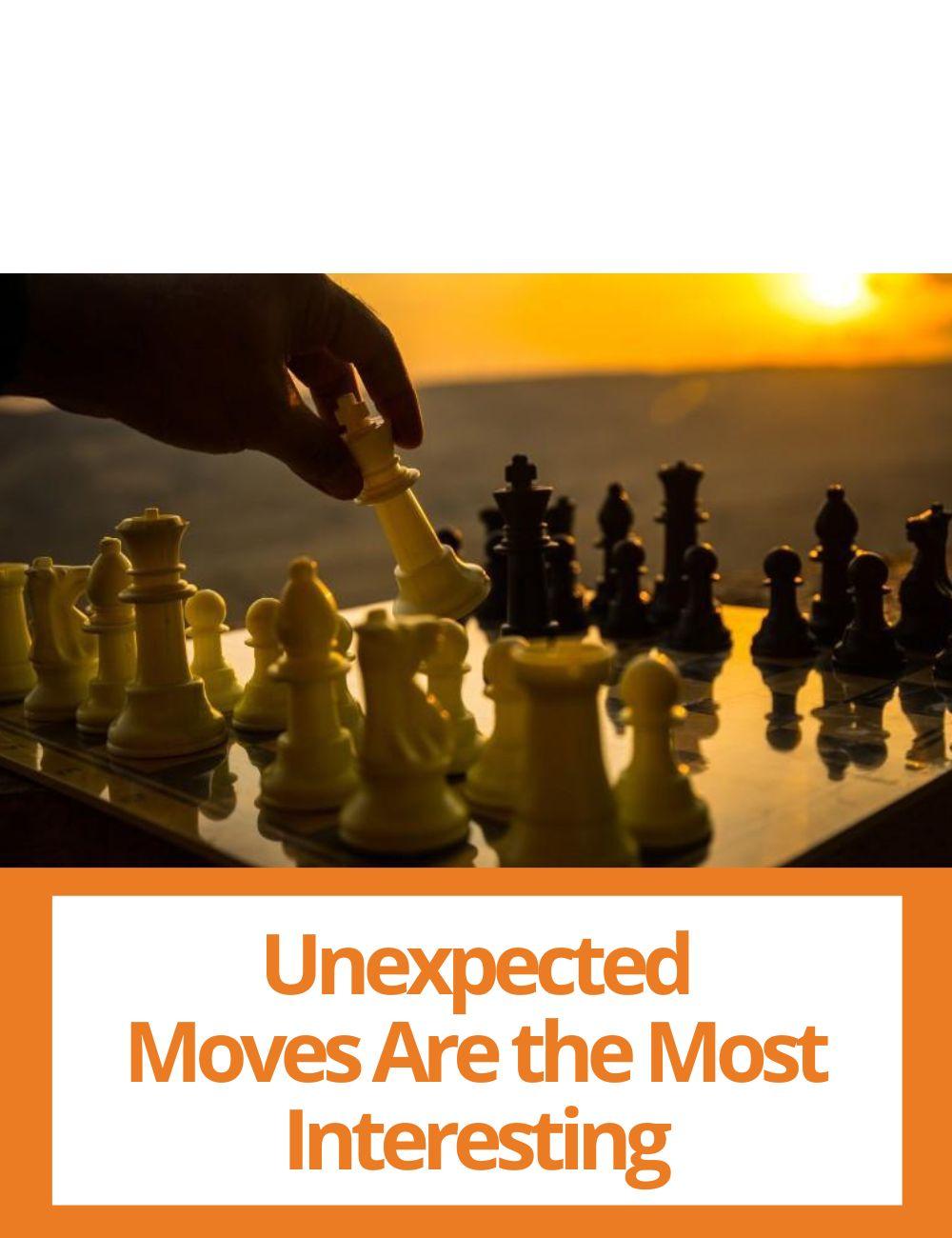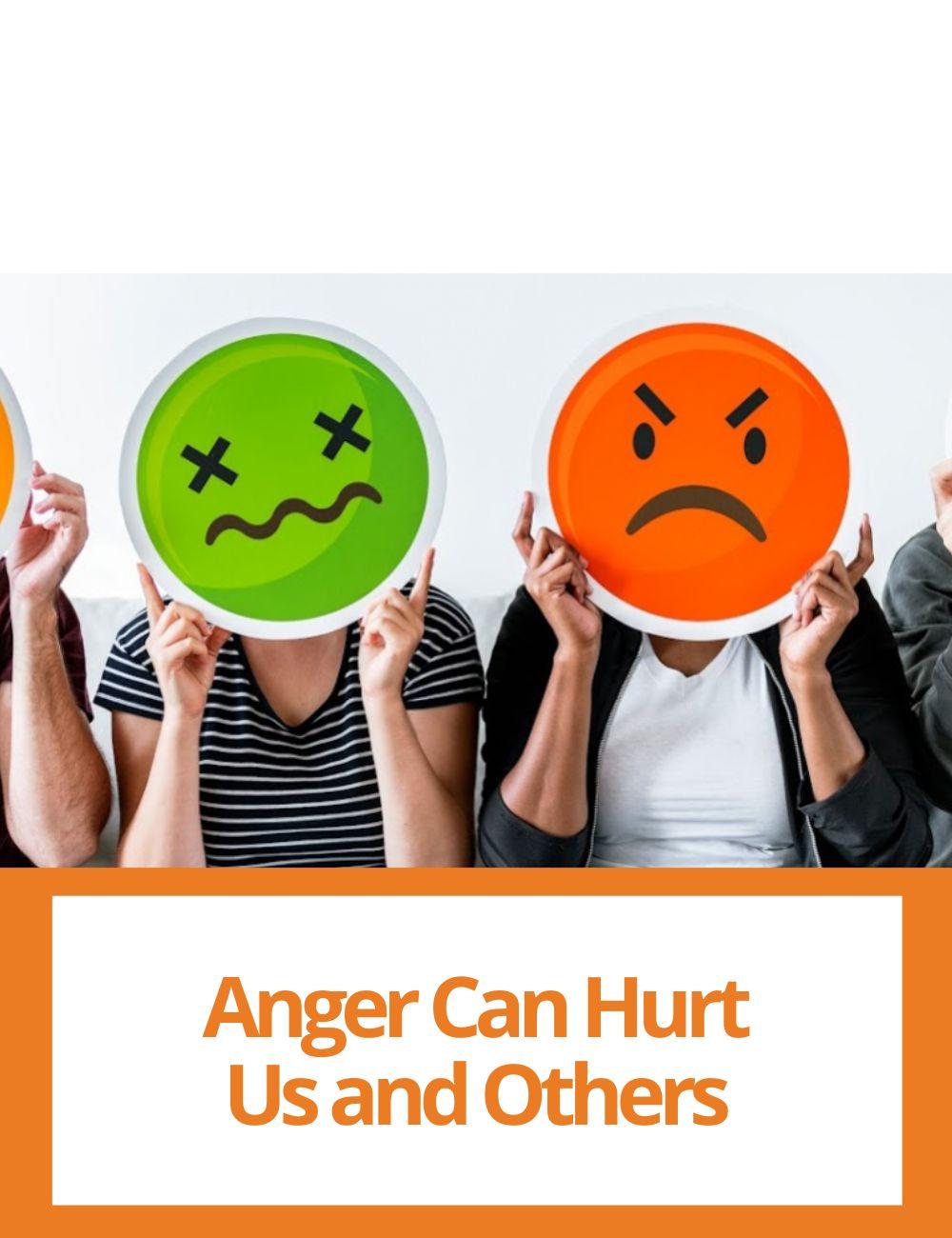
Psychological Game Theory: When Emotions Enter the Equation
As brilliantly visualized in the Disney-Pixar animated movie Inside Out (2015), emotions guide most of our actions, if not all. However, for a long time, economists did not pay much attention to emotions and how they shape our behavior.
The same holds for traditional game theory, which assumes that the players' moves are driven by an outcome-dependent utility. In order to account for more complex motivations, such as reciprocity and guilt, the broader mathematical framework of psychological game theory allows a player's utility function to depend on the player's beliefs, including her beliefs about other players' beliefs (see https://www.knowledge.unibocconi.eu/notizia.php?idArt=23775 for such hierarchies of beliefs). For example, empirical evidence confirms that people are willing to give up some material payoffs to improve other people's opinion of them.
Psychological game theory allows accounting for emotions, such as guilt, disappointment, regret, joy, frustration, anger, anxiety, shame, fear, etc. It can also model reciprocity (the inclination to respond to kindness with kindness), which is one of the building blocks of human interactions. Finally, as mentioned, it can accommodate a player's concern about what others think of her, a motivation that is particularly present in today's reputation-focused society.
After contributing to the development of this branch of game theory throughout the last 15 years, Pierpaolo Battigalli (Bocconi) and Martin Dufwenberg (University of Arizona) have reviewed the state of the art of psychological game theory in a paper which has just been published in the Journal of Economic Literature.
Psychological game theory lends itself to a variety of applications, ranging from fashion choices to tax evasion. In this latter setting, for example, shame avoidance can play an important role. In fact, it has been shown that whether tax returns are private or public influences the citizens' honesty in this regard. Even the dynamics that we have witnessed during the recent pandemic – with many emotions such as anxiety, fear, frustration and anger at play – represent another of the many areas of application for psychological game theory.
"I hope", concludes Professor Battigalli, "that our review can inspire new applications, but also further theoretical investigation on some open questions. For example, even though accounting for emotions, all the currently-available work in psychological game theory assumes that players are rational. Note that emotions are not in contrast with rationality. In fact, they are modelled as a part of the players' utility in psychological game theory. However, some emotions such as anxiety and anger can hamper rational thinking. The current form of psychological game theory is not equipped to model such effects, but I am confident that specific applications can pave the way for more comprehensive modelling".



Pierpaolo Battigalli and Martin Dufwenberg, 2022. "Belief-Dependent Motivations and Psychological Game Theory." Journal of Economic Literature," 60 (3): 833-82. DOI: https://dx.doi.org/10.1257/jel.20201378.